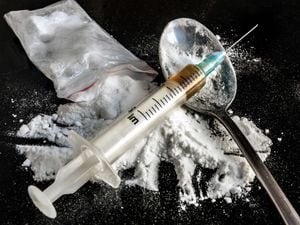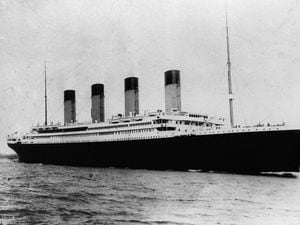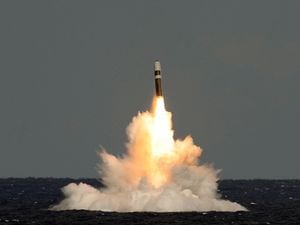Star comment: Right strategies needed to tackle drugs crime
Drugs gangs from some of the nation’s biggest cities target vulnerable youngsters across rural parts of this region.

The scourge of county lines is in the headlines after Prime Minister Boris Johnson vowed to tackle the issue of gangsters peddling narcotics.
It is easy for youngsters to be sucked into such nefarious ways. Those who grow up without good role models frequently feel a sense of community by becoming a member of a gang. They mistakenly imagine it will lead to riches, status and power; when instead it leads to misery, destitution and the ruination of lives.
In the West Midlands, we can see all aspects of the problem. Drugs gangs are based in urban areas of and make short journeys into rural counties, which are viewed as easy pickings. Such organised crime relies on young people to do the donkey work while those in charge stay hidden.
Those behaviours fuel addiction and the desperation that creates. A crimewave follows in its wake as theft and anti-social behaviour are used to fund habits and protect territory.
No-one will disagree with the words of Boris Johnson and his 10-year drugs strategy. We expect action to back up his plan. Locally, entire communities have been effected by the plague of drugs as housing estates become no-go zones and as the lives of users are destroyed. Families watch on helplessly as their loved ones suffer the illness of addiction and become out of reach.
It is important that drug prevention strategies are in place and are equipped to deal with the modern methods of dealers, who embrace new technology to peddle their goods. It is also important that the young are put on pathways that lead them away from danger or provide them with the opportunity of rehabilitation if they fall by the wayside.
History teaches us so much. We can learn lessons from past behaviours as time provides a sense of perspective that might not have been available previously. Momentous events can be viewed through a prism of modernity as we note how things transpired and whether different courses of action might more sensibly have been followed.
It is right, therefore, to acknowledge anniversaries like today’s 80 years since Pearl Harbour. They recognise the enormous sacrifice that was made by Allies in the war in the name of freedom. They are also a reminder of the price of war at a time when there are multiple conflicts ongoing around the world and increase tensions with Russia and in the Balkans.
There were huge consequences from the Japanese raid, which has been called the 9/11 of its day. Global leaders intent on similar destruction might reflect on the disastrous outcome.





